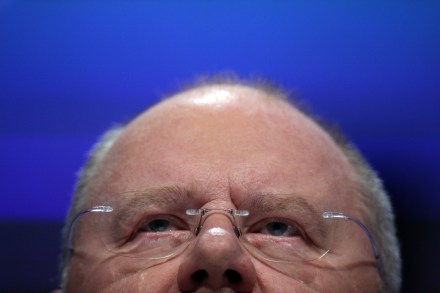How Britain is using spin to con the bond markets
Austerity, austerity, austerity. The A-word is cropping up everywhere at the moment, whether in France or Greece or Germany. And the UK isn’t immune from it either. If there is anything on which Britain’s political factions agree, it is the reality of fiscal austerity. Whether it’s Ed Balls banging on about ‘too far and too fast’, or the coalition saying that their programme of painful austerity is essential if the UK is to defend its triple-A ‘safe haven’ status, this is something on which our political class has reached consensus. But, as we at Tullett Prebon argued in a briefing paper yesterday (available here as a pdf), the tale










